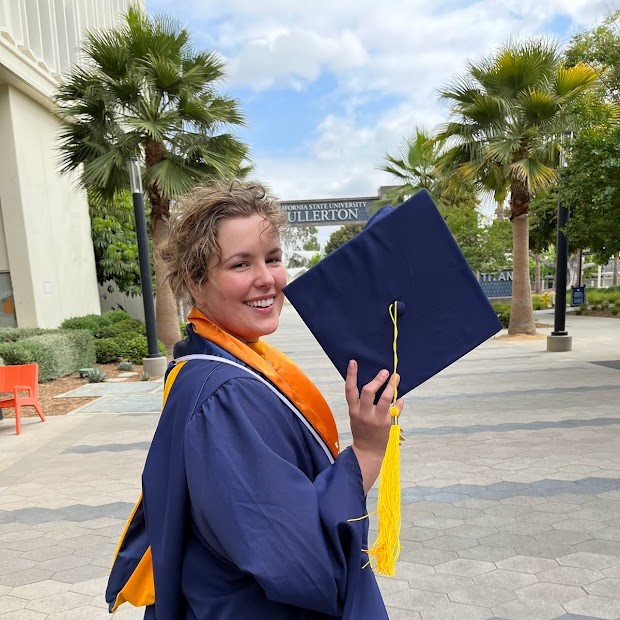Experiences
Data Analyst
- Southern California Coastal Water Research Project
- March 2022-November 2023
- Position: Data Analyst
- Advise scientists and engineers in their study design, methods development, statistical analysis, and data wrangling issues.
- Develop script files in R, Python, and SQL that wrangle and store large data sets or output visualization and analysis.
- Document data products and provide quality assurance testing to programmers, scientists, and research technicians.





